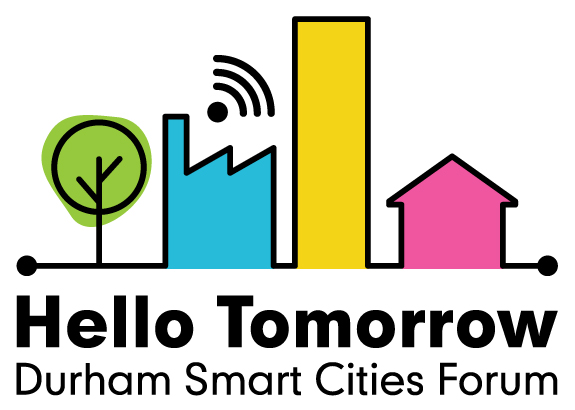Hello Tomorrow [Goodbye Yesterday] Durham Smart City Forum
Posted by Daniel Hoornweg on October 03, 2018

Last weekend, the University of Ontario Institute of Technology campus hosted the Hello Tomorrow Durham Smart Cities Forum. Ontario’s Chief Digital Officer kicked off the day and a sell-out crowd (on a Saturday!) participated in a range of sessions.
Perhaps the most compelling input was Jamie Coons, Councillor, Mississaugas of Scugog Island First Nation. His suggestion that no matter the size of the group, nor the length of the journey, a spirit of ‘leave no one behind' is critical as we start out together.
There are however, things we should said goodbye to and leave with yesterday as we journey toward smarter, more sustainable cities. We need to leave behind parochialism, a belief that we fight for our community or the Region of Durham, at the expense of other regions or the City of Toronto.
Arguments among governments - between local governments or with provincial and national agencies – fail to reflect that we are all on this journey together. There is often more than enough blame and excuses, and too little honesty on where we are and where we need to go.
We need to leave behind the belief that every house in Durham should be accessed by single-occupant, fossil-fuel powered vehicles. Or that every new resident of Durham needs 1000 square feet (93 m2) of living space.
We need to leave behind a lifestyle that requires almost 15 tonnes of CO2 emissions per person (residential emissions) when most people support the Paris Climate Accord which aims to keep global temperature increases below two degrees Celsius (with carbon emission targets of less than four tonnes per person).
We need to leave behind an attitude that the poor and the disadvantaged can fend for themselves. As Audrey Andrews, Manager of Strategic Partnerships and Initiatives for the Region highlighted, we can do many things today that will help the poor. Something as simple as helping people complete their tax assessments provides a benefit to everyone.
Finally, we need to start working together, and fast. In the words of Daniel Van Kampen, Economic Development Officer of Whitby, who suggested it at the event: ‘Before we become a smart community, we need to think collaboratively’.
Filed under: Sustainability 101